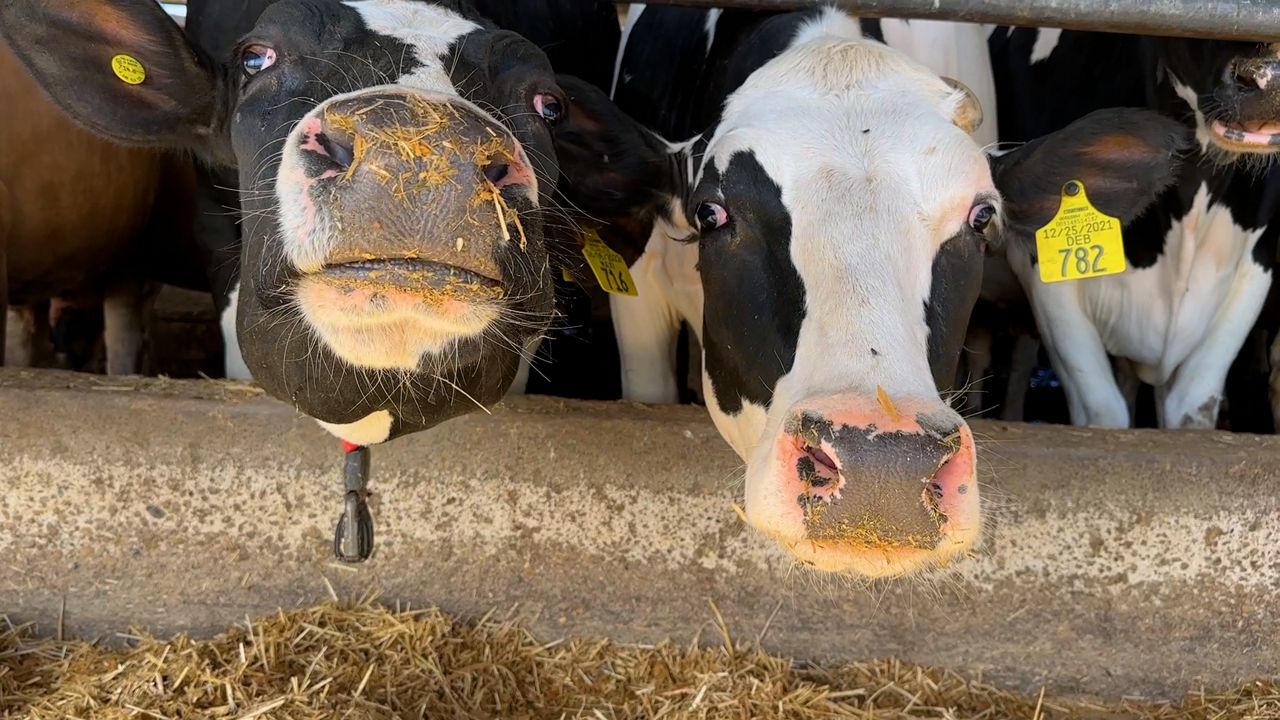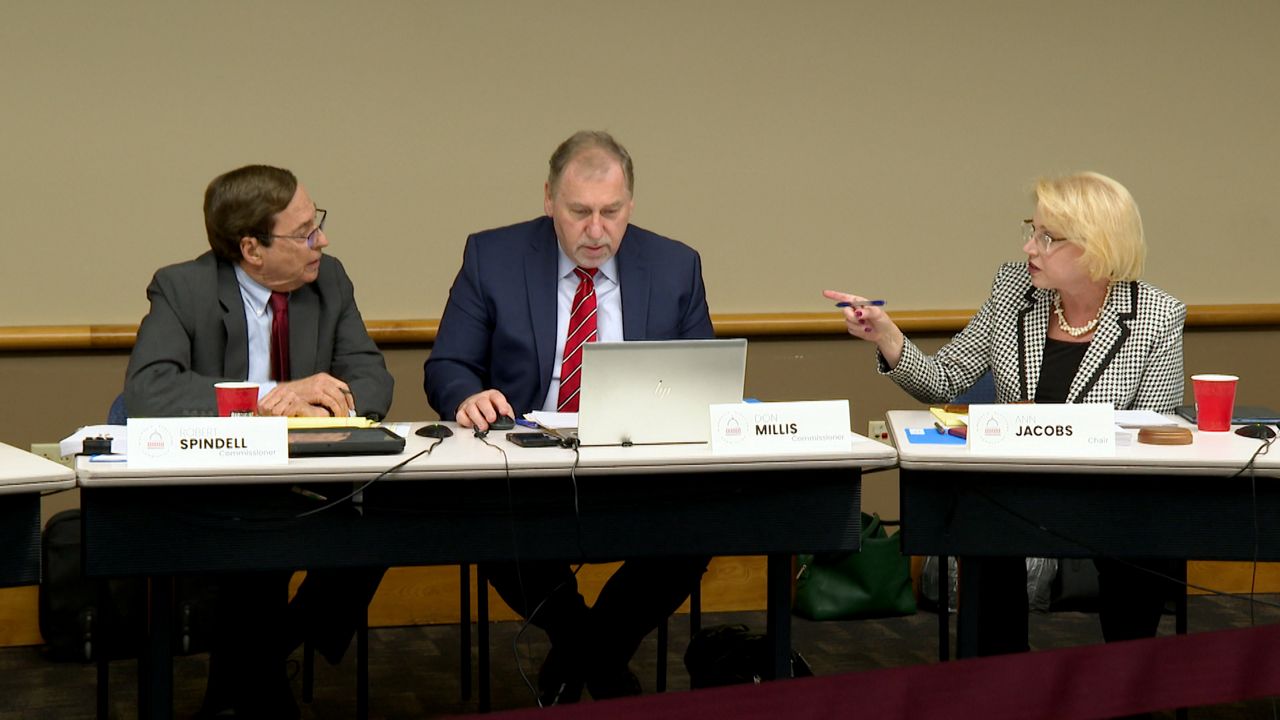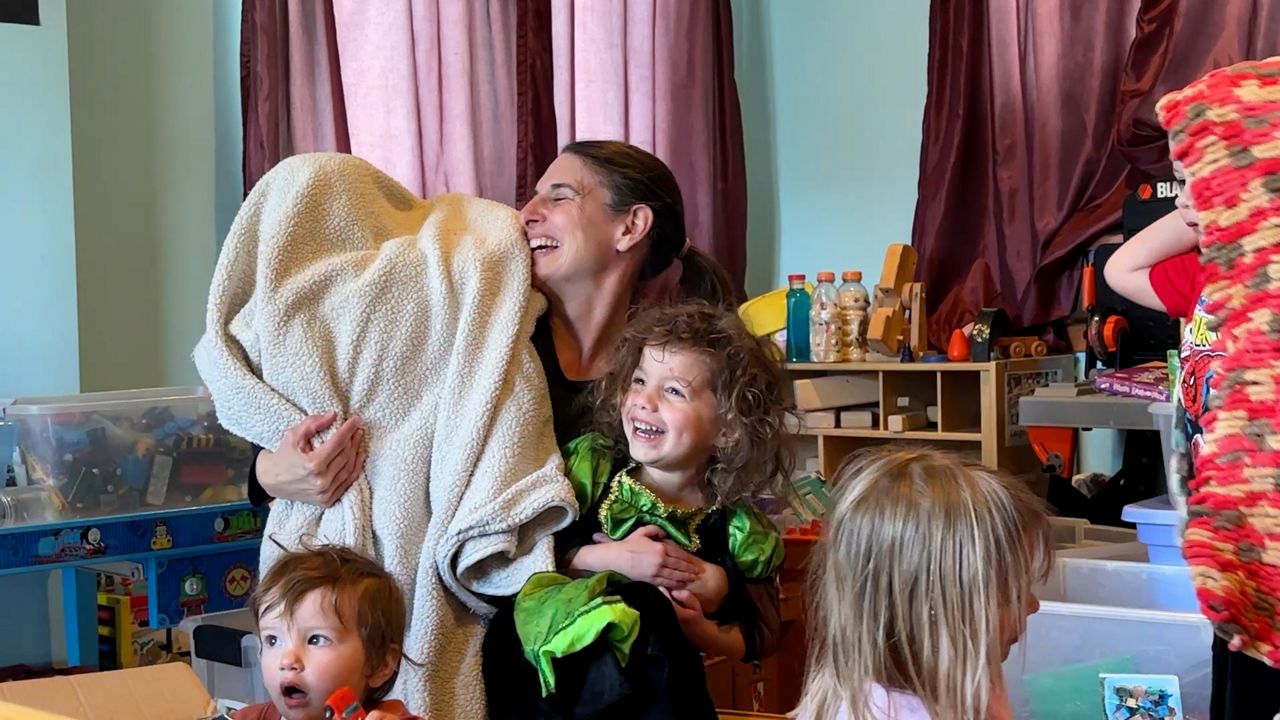WAUSAU, Wis. — Wisconsin still has at least 150,000 lead service lines going to homes, businesses, and schools statewide, including 8,000 alone throughout the City of Wausau, where an effort is underway to replace them all in the next five years at an estimated price tag of $80 million.
Thursday morning, White House Senior Advisor Tom Perez made the trip to Wisconsin to join Mayor Katie Rosenberg to highlight that push, which is just one among a total of 10 communities—Beloit, Frederic, Kenosha, Manitowoc, Oshkosh, Racine, Superior, Wausau, West Allis, and Wisconsin Rapids—across the state.
The day began with a tour of the city’s drinking water treatment plant, followed by a community roundtable. However, it was in the afternoon when a local family turned on their new water line that showed how federal dollars were being used.
It was out with the old and in with the new on Thursday when the lead-contaminated pipe that serviced the Thao family home in Wausau for the last 46 years was removed and replaced with a new water service line.
It was thanks to significant federal funding.
The Bipartisan Infrastructure Law, signed by President Biden in 2021, dedicated $15 billion to get rid of lead pipes.
“We talk about $15 billion and this program and that program—programs are about people, investments in people, investments in communities, and, in this case, investments in vindicating a fundamental right that everybody should have, and that is the right to make sure that the water they drink in their house is clean and isn’t going to hurt them,” Perez explained.
For one Wausau family, three generations now get clean water.
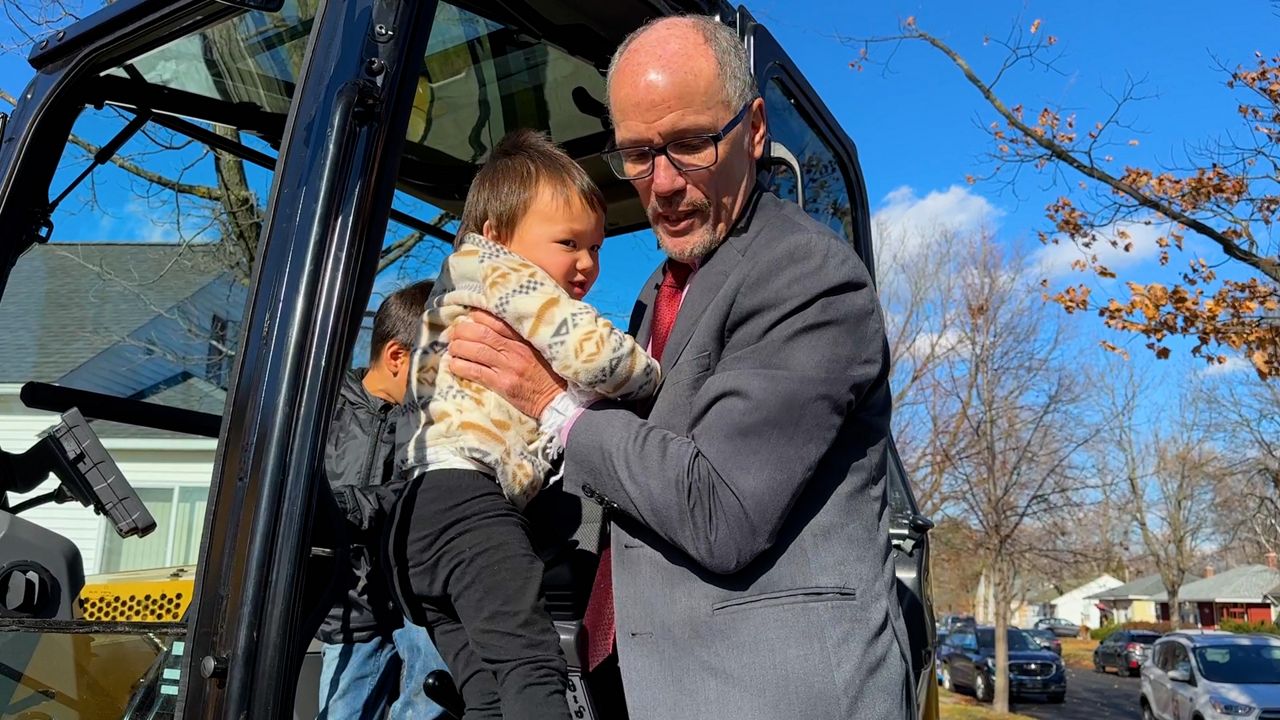
“That’s what we’re doing here today. This family who lives here they have two grandchildren,” Perez added. “I don’t want them drinking water that isn’t safe.”
The Biden administration set a goal of replacing 100% of lead service lines across the country in the next decade, but that wasn’t fast enough for Wausau Mayor Katie Rosenberg.
“To quote the president, it’s a BFD. It’s a really big deal,” Rosenberg stated.
She said one of the reasons the city couldn’t deal with its PFAS issue right away was because there are so many lead pipes, and the filtration process could impact corrosion, so for her, the goal is to take a holistic approach.
“I think part of it is being brave and stepping up to the plate and just getting it done,” Rosenberg explained. “There’s political capital in play here, in addition to real capital, so I think you just have to make this part of your vision.”
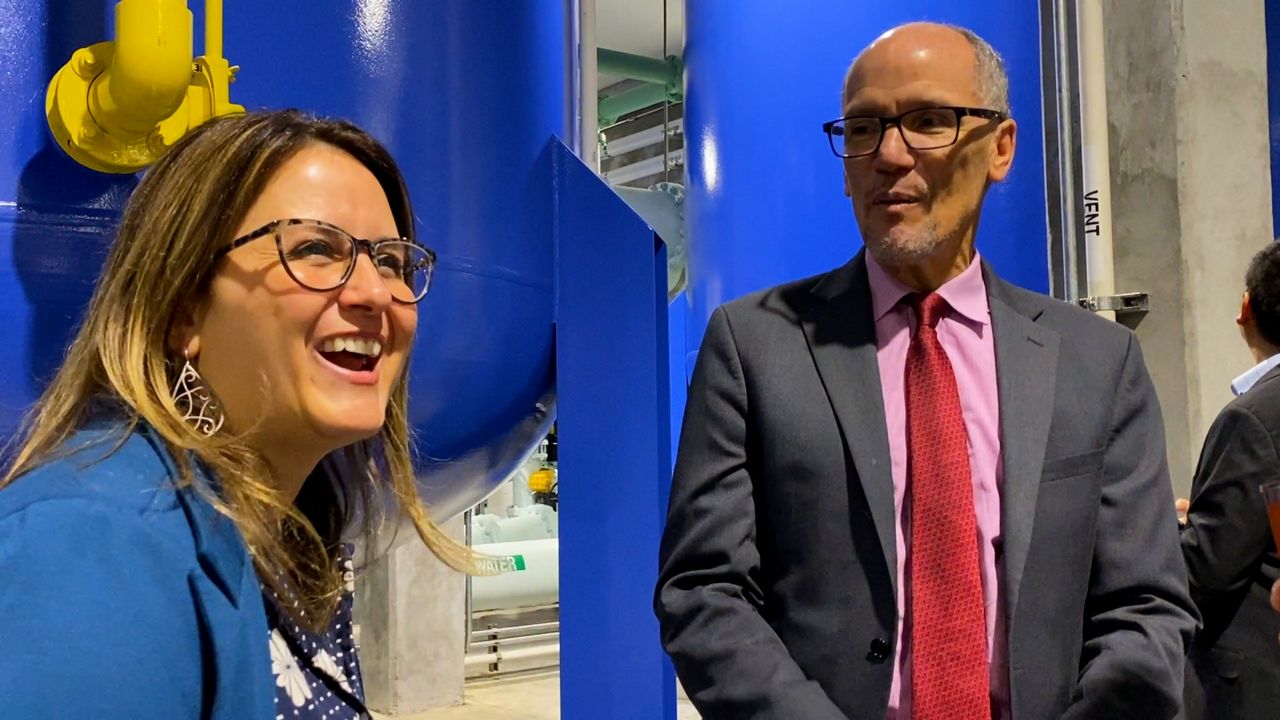
That’s the kind of vision Perez said he is proud to see from local leaders.
“The mayor wasn’t satisfied with getting this done in 10 years,” Perez said. “She wants to cut that time in half, and there are four states, including Wisconsin, that are participating in this accelerator program, and I’m confident that we are going to meet that goal of having these 8,000 pipes replaced here in Wausau within five years and it’s a great example to set.”
Residents won’t pay anything out of pocket to cover the costs of the projects, which will continue for other homes across the city once the ground thaws in the spring.








